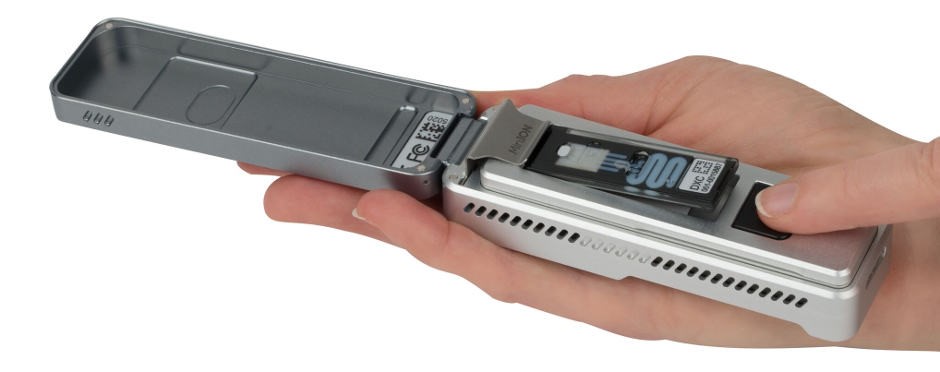
A study by Leggett et al 2019, published in December, presents results from using the portable MinION to sequence the microbiome of preterm newborns admitted to the neonatal intensive care unit of a university hospital. The bacterial DNA sequence analysis pipeline developed by the authors of the study obtained a majority of the results (or 70% of reads) after 1 hour with no more differences found after 6 hours. In this short time, the pipeline identified pathogenic bacteria and their corresponding antimicrobial resistance gene profiles, which for patients in the ICU can provide a lifesaving diagnosis when deciding on the right antibiotic.
Some of the remarkable features of the MinION, which is produced by Oxford Nanopore Technologies (ONT) are the small size of the DNA sequencing device, the long read length of the DNA sequences, and the sequencing speed. 1 to 6 hours is very quick compared to current rapid clinical microbiology tests, which include determination of antibiotic susceptibility, and take between 36 and 48 hours. More widely-used and larger DNA sequencers like Illumina MiSeq take between 4 and 55 hours for a run according to the Illumina web site. This new research presents a promising life-saving diagnostic tool in the clinical setting, but one wonders, if it is so small and portable and so quick to sequence DNA, can we use it at home to sequence our own microbiome?
The answer would be yes if we disregard for a moment the “wet lab” hurdles required to operate the MinION. Having a little home DNA sequencer would allow us not only to monitor an infection by sequencing our microbiome early on, when we feel we are coming down with something, but also monitor our overall health and moods now that we have so much evidence of how the gut-brain axis affects our well-being and how our diet, our fitness, and our moods affect our microbiome.
Read more